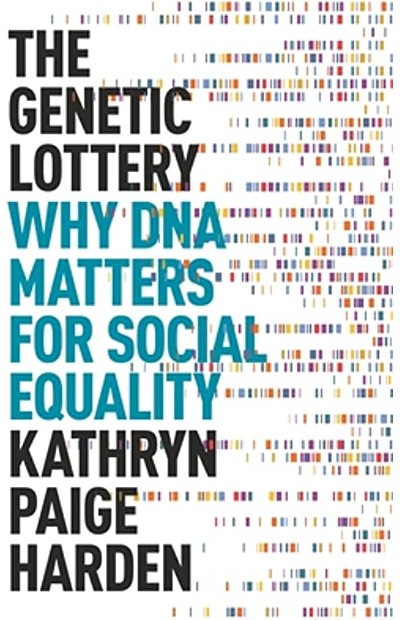
Kathryn Paige Harden. 2021. The genetic lottery: why DNA matters for social equality. Princeton: Princeton University Press
Katheryn Paige Harden’s new book, The Genetic Lottery: Why DNA Matters for Social Equality hovers between a plea and a demand that social scientists incorporate behavior genetics into their research. Unfortunately, the book is based on a series of false assumptions about the social sciences that undercut the book’s central thesis.
Social scientists, Harden warns, “have been trained to view the results of behavior genetics with fear and loathing” (p. 277). Indeed, they are guilty of committing a violent crime:
The tacit collusion in some areas of the social sciences to ignore genetic differences…is wrong. It is wrong in the way that robbing banks is wrong. It is stealing. It’s stealing people’s time when researchers work to churn out critically flawed scientific papers, and other researchers chase false leads that go no where. It’s stealing people’s money when taxpayers and private foundations support policies premised on the shakiest of causal foundations. Failing to take genetics seriously is a scientific practice that pervasively undermines our stated goal of understanding society so that we can improve it. (p. 186)
Well, anyone accusing their colleagues of being the moral equivalent of a stick-up artist must have good grounds to do so. Moreover, they must come from a research tradition that has never been guilty of “churning out critically flawed scientific papers!” Unfortunately, Harden misrepresents the fields the criticizes. She shifts standards of evidence to suit her pre-conceived goals. Most importantly, she fails to show that behavior genetics is at all relevant for the values and policies she endorses.
[Continued on page 2]

